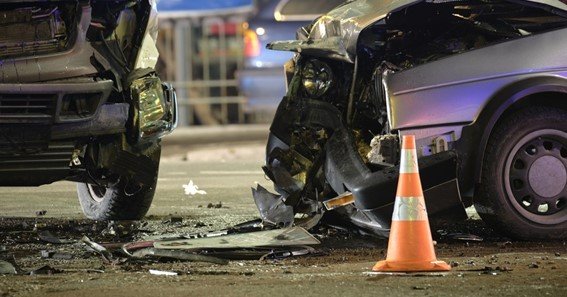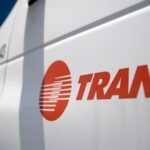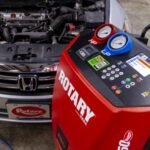When a vehicle is declared a total loss, the recipient of the insurance payout depends on the vehicle’s ownership status and any existing financial obligations.
Determining The Recipient Of The Insurance Payout
-
Vehicle Owned Outright:
- If you own the vehicle without any loans or leases, the insurance company will issue the payout directly to you. This amount reflects the vehicle’s actual cash value (ACV) minus any applicable deductibles.
-
Financed Vehicles:
- For vehicles purchased with a loan, the lender holds a lien on the vehicle. In the event of a total loss, the insurance company typically pays the lender directly to settle the remaining loan balance. If the insurance payout exceeds the loan balance, the remaining funds are disbursed to you. Conversely, if the payout is less than the outstanding loan, you’re responsible for covering the deficit, unless you have gap insurance to bridge this difference.
-
Leased Vehicles:
- When leasing a vehicle, the leasing company retains ownership. In the event of a total loss, the insurance payout is directed to the leasing company. If there’s a shortfall between the payout and the remaining lease obligation, you may be liable for the difference, unless protected by gap insurance.
Understanding Gap Insurance
Gap insurance is designed to cover the disparity between a vehicle’s ACV and the remaining balance on a loan or lease. This coverage is particularly beneficial if you owe more than the vehicle’s current value at the time of a total loss. Without gap insurance, you could be responsible for paying the remaining loan or lease balance out-of-pocket.
FAQ
- Who receives the insurance check if my car is financed?
- The insurance company typically pays the lender directly to satisfy the outstanding loan balance. Any surplus funds are then issued to you.
- What happens if the insurance payout doesn’t cover my loan balance?
- You’re responsible for the remaining balance unless you have gap insurance, which can cover the shortfall.
- Does gap insurance cover all vehicles?
- Gap insurance is generally available for both financed and leased vehicles, but terms vary. It’s advisable to consult with your insurer to understand the specifics.
- If I own my car outright, who gets the insurance payout?
- If there’s no lien or lease on the vehicle, the insurance company issues the payout directly to you.
- Can I keep my totaled car after receiving the insurance payout?
- In some cases, you can retain the vehicle, but the insurance company may deduct the salvage value from your payout. Additionally, you’ll need to comply with state regulations regarding salvage titles.










